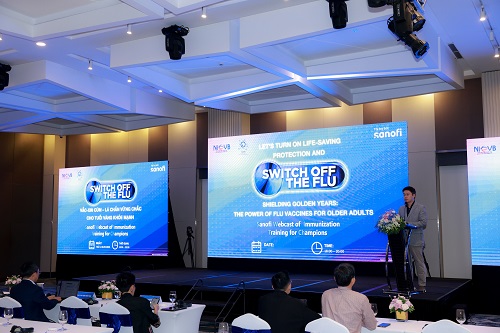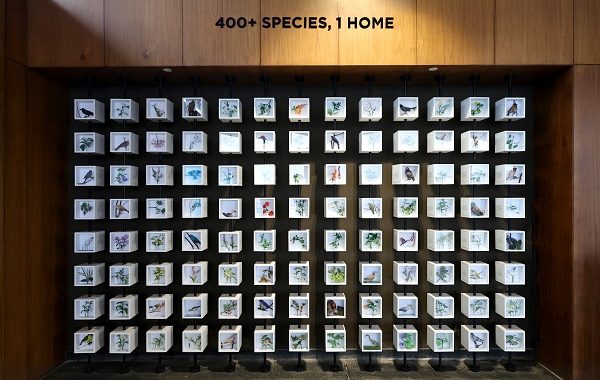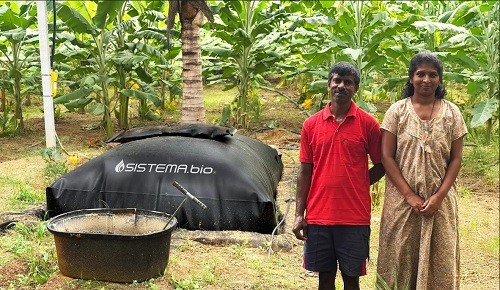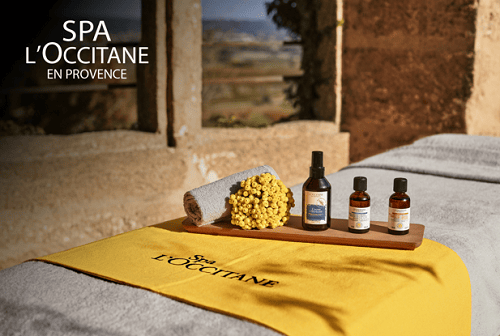Whisper Teaches Young Girls – Periods ka Matlab Healthy hai Aap
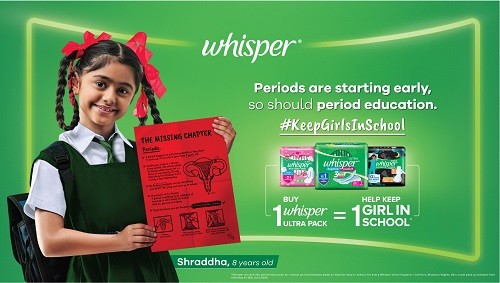
India’s leading feminine-care brand Whisper, from the house of Procter & Gamble, is raising awareness about – the early onset of menstruation among young girls – as part of the fifth edition of its #KeepGirlsInSchool (KGIS) movement. With girls starting periods as early as 8 years of age, the need to create awareness early on is crucial, as 26 million girls can be at the risk of dropping out of school without period education and access to period products.* Studies have found that one out of five girls could be dropping out of school due to lack of period education and access to period products.**
 |
Buy 1 Whisper Ultra pack and help keep 1 girl in school
In India today, girls as young as 8 years of age are beginning their menstrual cycle, as per several reports, and so are at a higher risk of dropping out from school due to lack of period education. This could lead to escalation in absenteeism and increased drop out rate if they do not learn and are made aware at the right time. Whisper is at the forefront of educating girls across the country about the importance of menstrual hygiene, normalising any mthys and taboos about periods, with an aim to decrease dropout rates caused by insufficient information and lack of access to period products. To date, Whisper’s Keep Girls In School program has taught over 100 million schoolgirls and mothers about periods and period products, and provided free sanitary napkins to girls.
Whisper’s new emotional film features young 8-year-old girls who know nothing about menstruation and think up the worst possible scenarios as the cause of unexpected bleeding in one of their friends. The film aims to normalise this natural biological change in their body by educating young girls in school about the early onset of periods with a fun, catchy jingle that reiterates, “periods ka matlab healthy hai aap (periods means you are healthy)”.
Rajdeepak Das, Chief Creative Officer, Publicis Groupe – South Asia and Chairman Leo Burnett – South Asia said, “Our ongoing research about the changing conversations around menstruation identified a glaring anomaly – girls today are getting their periods much earlier than before. However, they are being educated about periods at a much later stage or oftentimes not at all. Whisper and Leo Burnett have been on a journey to keep girls in school for a long time and we wanted to bridge this gap. Our latest work talks to the 8-year-olds in a language they can understand, with a heartwarming song that teaches them that getting periods means they are healthy. The goal is to not just teach the little girls but also use the song as a tool to equip her ecosystem- parents and educators, enabling them to teach periods in an empowering manner.”
“There is a seismic shift happening in period biology. This heightens the need to educate girls early on and to prepare them to embrace this biological process. Through this initiative, we strive to educate them about how periods are healthy and how they can take care of themselves on their period days. Every year, Whisper goes to more than 60,000 schools to create period education programs and we are now also going to younger standards. Consumers too can do their bit buying a Whisper Ultra pack which will help us educate and donate pads to one girl to keep her in school,” said Girish Kalyanaraman, Vice President & Category Leader – India Feminine Care at Procter & Gamble.
KGIS is an initiative by Whisper which aims to reduce the stigma attached to menstruation, create awareness and reduce the number of girls who drop due to the lack of information around menstrual hygiene. KGIS has taught over 100 million school girls about periods and period products till date. For the first time, Whisper has used music to raise awareness about periods; through a fun and catchy jingle, “periods ka matlab healthy hai aap“.
*Based on Dasra report by USAID & Kiawah Trust, UNESCO UNFA ASRO report: ‘The precocious period: the impact of early menarche on schooling in India‘ 2019 68 p.
** Bases on Dasra report by USAID & Kiawah Trust
![]()

